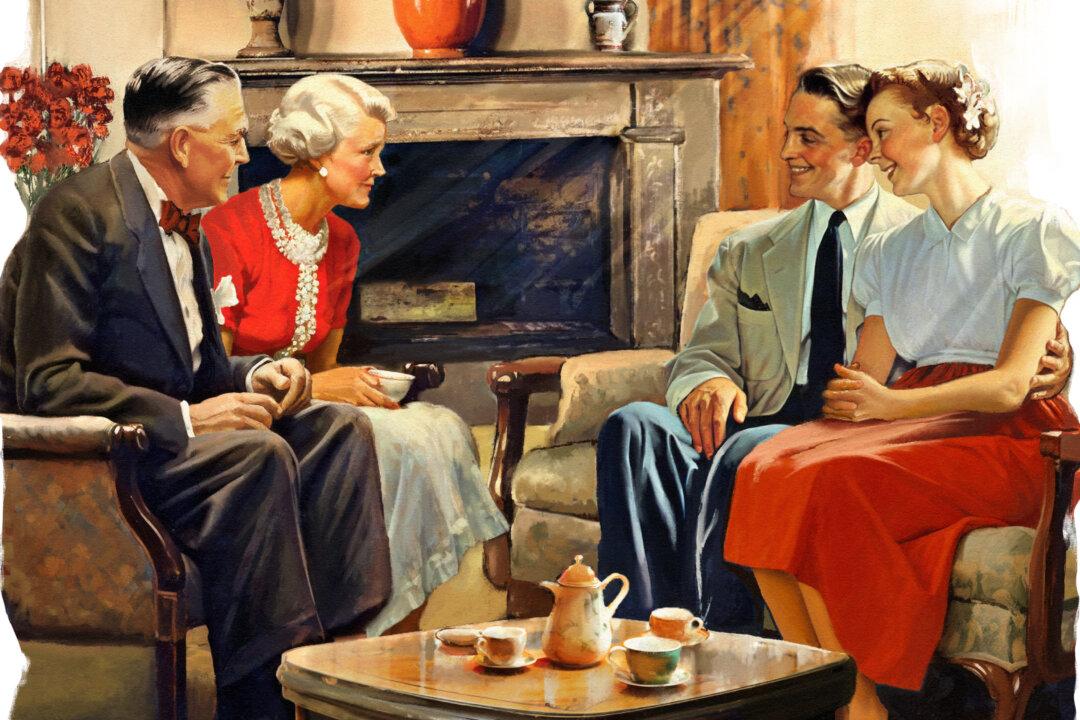In the army of Napoleon Bonaparte, the Old Guard stood apart. They were veterans with at least 10 years of service and three campaigns under their belts, experienced in combat, and meeting certain above-average height requirements. In exchange, they wore special uniforms, most notably bearskin hats to make them appear taller, and received privileges and higher wages.
They served as models of military excellence for their fellow soldiers and were warriors of the last resort, when their courage and experience might turn defeat into victory.






